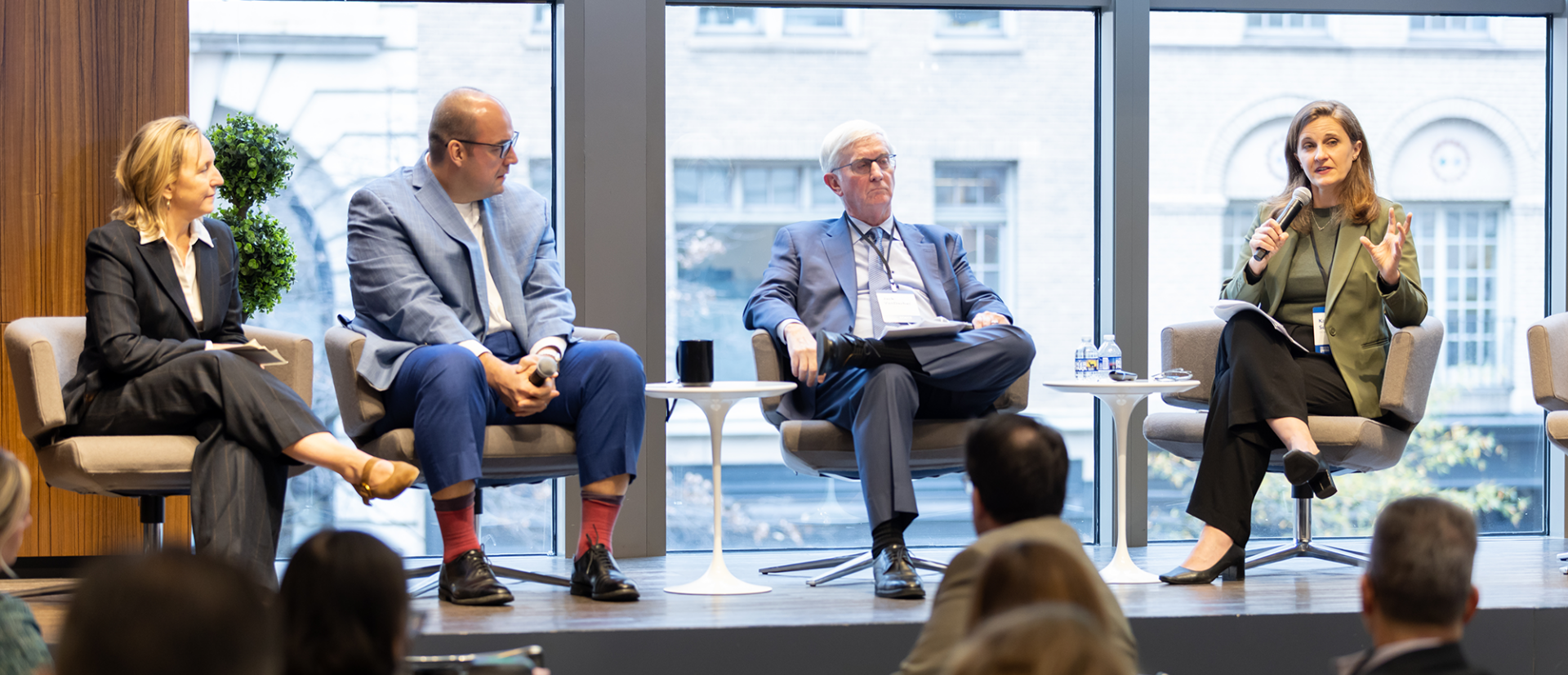What Is An Estate Plan And Why Do You Need One Right Now?


Actor Chadwick Boseman became a household name after his role as King T’Challa in Marvel’s “The Black Panther.” The breakthrough film put Boseman front and center in Hollywood, and when he passed away at age 43, many fans were in disbelief.
Boseman was insanely private, keeping his illness within his tight circle of friends and family. He even married his wife in a secret ceremony before his passing. One thing the star did not do, however, was file a will or trust.
In the state of California, after a death occurs, the majority of an estate can go to the spouse through a Spousal Property Partition. But since most of the actor’s estate was only in his name, it ended up in probate through the court system and only recently settled.
You may have heard about the actor’s situation, and wondered, Am I too young to file a will or create a trust?
Alise Jackson
In order to shed more light on this matter, we spoke with Financial Coach Alise Jackson, who experienced firsthand how difficult the passing of a spouse can be. At age 36, she faced the unimaginable: her husband Mike passed away suddenly at age 44. Mike, a triathlete who was in excellent health, suffered a carotid dissection which caused him to have a stroke.
“Couples should have these discussions, no matter how difficult they are or how ‘unlikely’ death seems,” Jackson said. “We were fortunate enough that we had recently become debt-free the year before Mike passed. We had also established an emergency fund which was a blessing to me.”
Jackson could access cash quickly because most of their accounts were joint, and she already had an idea of how to navigate the estate.
Many aren’t so lucky. In one survey conducted by WiserWomen.org, 26% of widows surveyed said they had difficulty locating bank accounts and investments and having access to them.
After Mike’s death, Jackson retitled her husband’s car and filed a new deed on their house. She said, “For any things where he was the sole guarantor, such as medical bills, I sent copies of his death certificate to have the bills written off.”
Forrest Baumhover
Financial planner Forrest Baumhover worked with many widows throughout his career and shared the number one mistake—no communication between partners.
After a loved one dies, Baumhover advises that major financial decisions can wait. He recommends you do the following:
Strategize and figure out how you will financially navigate the next three to six months. That might mean reviewing your budget and ensuring you and your partner have access to all financial resources such as checking accounts and life insurance policies.
“I don’t need life insurance yet. I’m too young.”
Here’s why you’re wrong.
Reasons to get life insurance
because you’re young:
Read our in-depth review of whether to choose term vs. whole life insurance.
After a spouse dies, there might be a significant dip in income. Therefore, you might need to make immediate changes to ensure your basic needs are met, such as planning where your next mortgage payment will come from, how you will cover the cost of groceries, and transportation to and from work.
Jackson said, “Too many widows are forced to sell their homes and move while grieving, which adds to the trauma.”
Courtney Richardson
Courtney Richardson is an estate attorney who shares financial wisdom through her platform, The Ivy Investor. Richardson doesn’t see the need to wait until a spouse passes away to take action. Start now to prevent additional headaches and stress.
“Many states like California and Pennsylvania provide that children or parents split the money with the surviving spouse,” Richardson said.
The laws around minors should also be taken into consideration. Richardson further explained, “Every state is different regarding distributing assets to minors. Unless it’s written down, it doesn’t exist.”
Top 10 Best Life Insurance Companies
Keep your loved ones top-of-mind and get yourself life insurance. We review the 10 life insurance companies worth checking out.
A lack of estate planning doesn’t just affect spouses and children. An adult family member who was being cared for can be negatively impacted. Richardson warned, “State law does not typically account for other people [such as adults] who rely on the person who died for support.”
This situation would only add fuel to the fire when your family is grieving, so make sure you account for everyone involved when coming up with an estate plan.
Proper planning with an estate attorney and a life insurance policy can help close the gaps. Richardson advises to “work with an attorney specializing in estates to put the plan to paper, which includes probate and non-probate assets.”
Revisit your plan whenever there is a significant change in your life. This could be the addition of a child, your marital status, or financial assets like a windfall.
“Checking once a year at tax time helps ensure that your wishes are what you want them to be,” Richardson recommends.
All of our experts advise you to share accounting information with your significant other. These include:
Ensure you have the correct beneficiary information so your loved one can easily access your assets to get through the next few months.
In addition to financial statements, make sure your partner has access and directions to everything needed to run the household smoothly. The following information should be kept handy:
At the end of the day, if this is overwhelming, don’t be afraid to ask for help; contact a professional if you need help navigating your finances. Don’t let the death of a loved one be more stressful than it needs to be from a lack of estate planning.
More Stories:

If your bills feel unmanageable, you aren’t alone. Recent reports found that 30% of people are less able to afford bills today than they...

Blog Posts Archives UnfavoriteFavorite February 20, 2026 Financial Security Program A collaboration of Aspen Institute Financial Security Program and the...

Colleges are navigating enrollment pressures, renewed federal oversight, and growing scrutiny around how families finance higher education. This week’s developments...